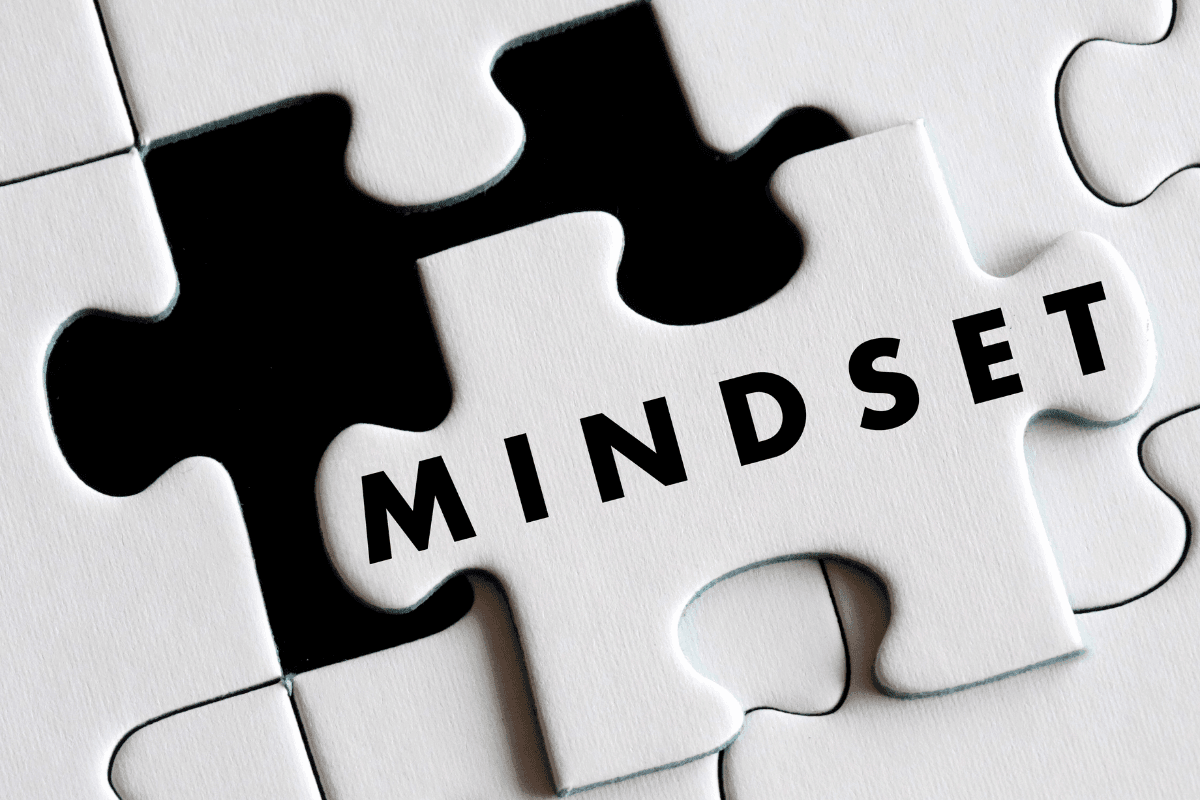Believe it or not, making mistakes in math is actually a good thing. Mistakes can not only be learning opportunities, but as students consider their mistakes, it can also be a time when their brains grow. So, the proper math learning techniques can be the key to a child’s confidence to make mistakes and learn […]


